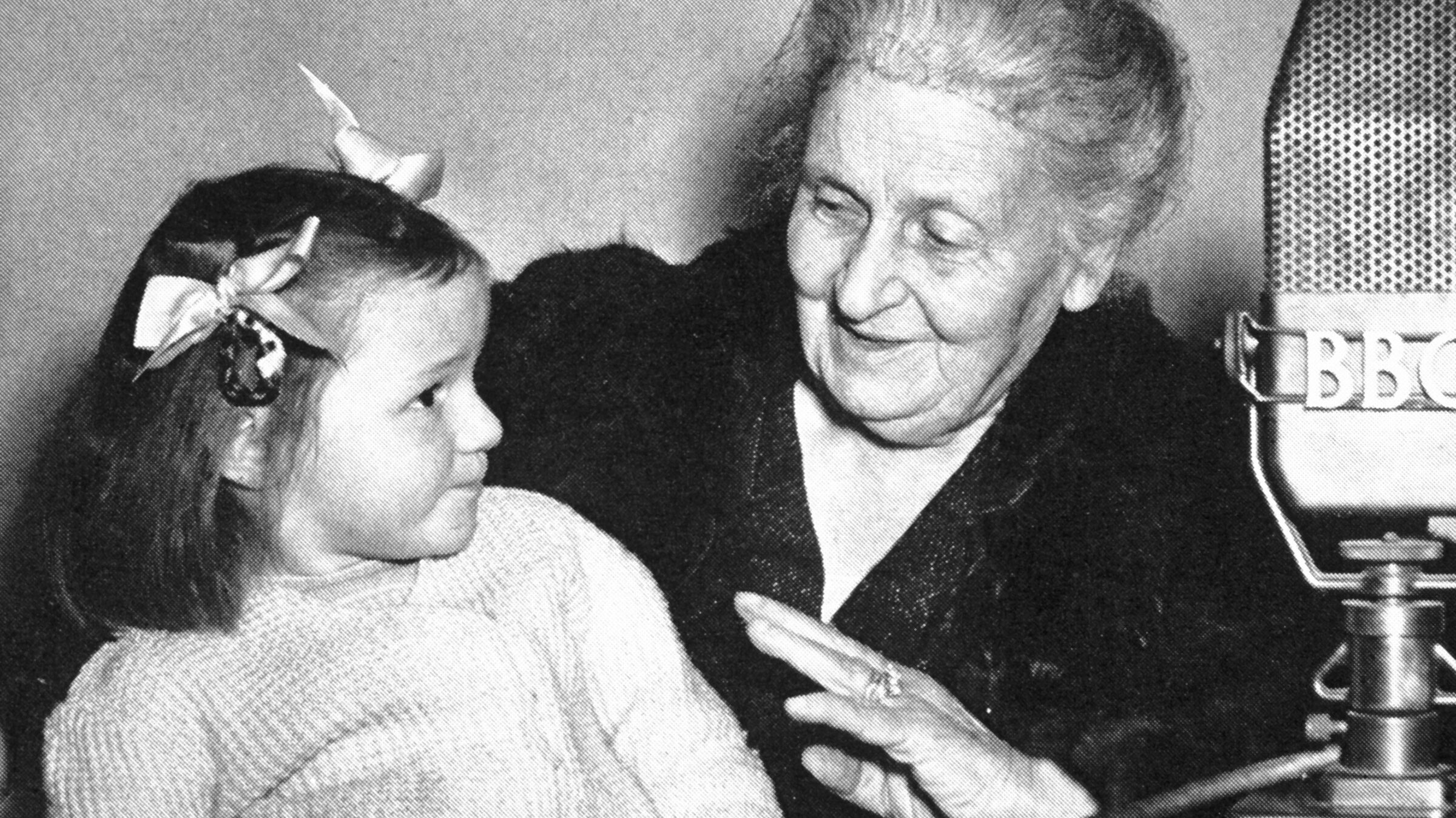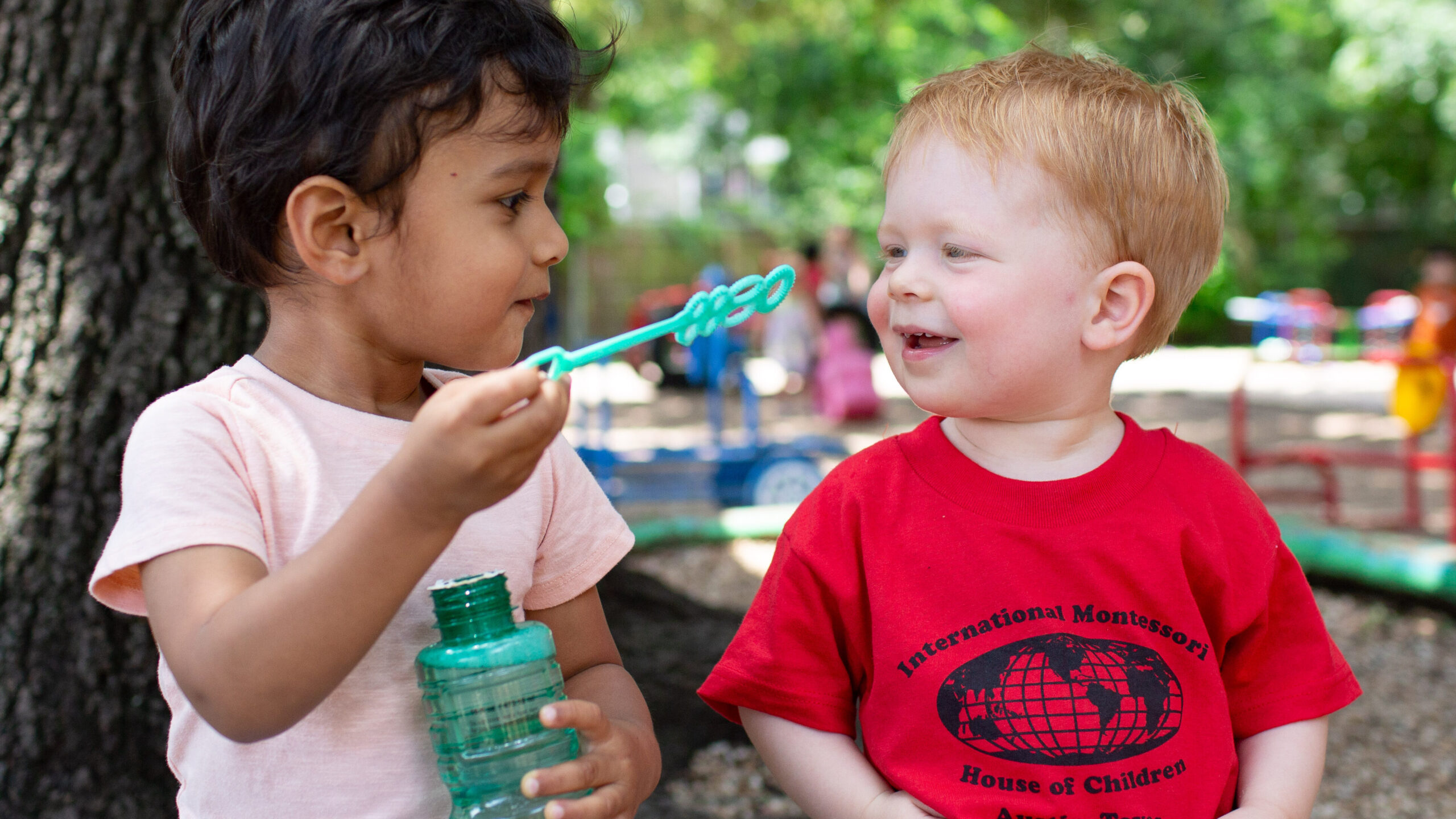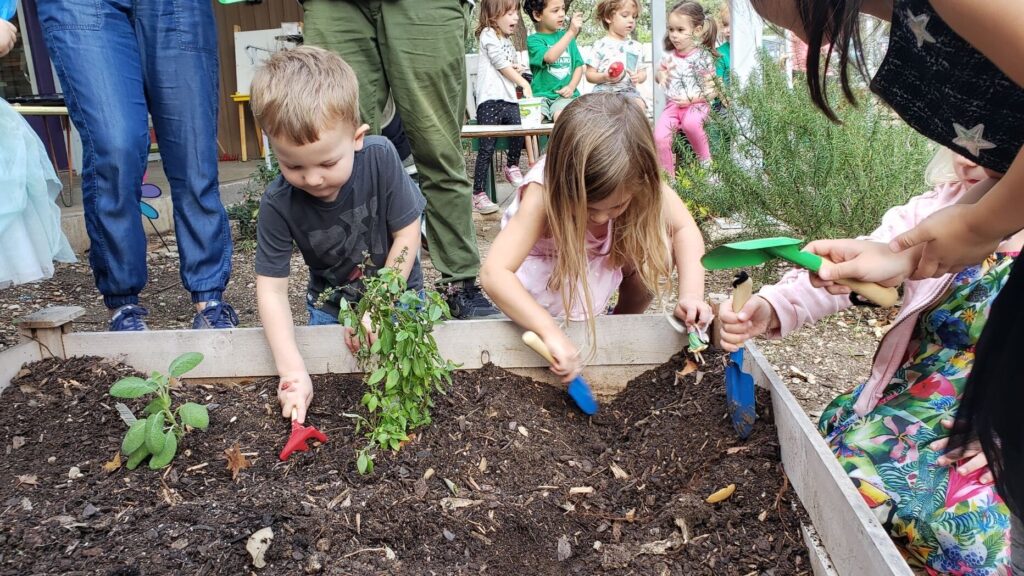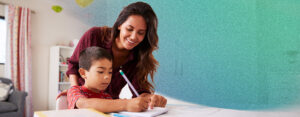What is Montessori Education?
Montessori education is a child-centered educational approach developed by Dr. Maria Montessori, an Italian physician, and educator, in the early 1900s. It is based on the premise that children learn best through self-directed activity and exploration in a carefully prepared environment. The Montessori method emphasizes the importance of developing the whole child – physically, socially, emotionally, and cognitively – to create independent, self-motivated, and lifelong learners.

The Montessori approach is grounded in several key principles, which are designed to support the natural development of children. First and foremost, Montessori education emphasizes the importance of individualized learning, recognizing that each child is unique and develops at their own pace. This is accomplished through the use of mixed-age classrooms, where children are grouped by developmental stage rather than by age or grade level.
The Fundamentals of Montessori Education
In a Montessori classroom, children are encouraged to follow their own interests and curiosities, rather than being forced to conform to a prescribed curriculum. This means that they are free to choose their own work and activities, within certain parameters, and are given the time and space to explore and experiment. The Montessori approach also emphasizes hands-on learning, with a focus on concrete, sensory experiences that allow children to explore and understand abstract concepts.
The Montessori method is also characterized by a strong sense of community, with a focus on cooperation, collaboration, and mutual respect. Children are encouraged to work together, help each other, and learn from one another, fostering a sense of empathy and social responsibility. The Montessori classroom is designed to be a peaceful, harmonious environment, where children feel safe and supported in their learning.

One of the key features of the Montessori approach is the use of specialized materials, which are carefully designed to facilitate learning and exploration. These materials are often self-correcting, meaning that children can learn from their mistakes without the need for adult intervention. For example, a child working with a set of colored blocks might learn about math concepts like addition and subtraction by manipulating the blocks and counting them.
The Montessori approach also emphasizes the importance of movement and physical activity, recognizing that children learn best when they are free to move and explore their environment. Montessori classrooms are designed to be spacious and uncluttered, with plenty of room for children to move around and engage in physical activities like yoga, dance, and sports.

Montessori Education in Real-World Practice
Montessori education has been widely adopted around the world, and there are now thousands of Montessori schools in dozens of countries. While the Montessori approach is most associated with early childhood education, it can also be adapted for older children and even adults. Some Montessori schools offer programs that span from infancy through high school, providing a comprehensive and integrated educational experience.
Critics of the Montessori approach have raised concerns about the lack of formal academic instruction, the potential for children to become too self-directed and independent, and the potential for children to fall behind in more traditional academic subjects like math and reading. However, supporters of the Montessori approach argue that the method has been shown to be effective in fostering creativity, critical thinking, and problem-solving skills, and that it provides a strong foundation for lifelong learning and success.


